Since before the World Wars, Russia has loomed large on the world stage, often as an antagonist or boogeyman to Western nations. From the glittering empire presided over by the Romanovs to the Cold War and the Soviet Union, Russian history is filled with fascinating figures and epic events—and these 12 unforgettable books will put you right in the midst of it.
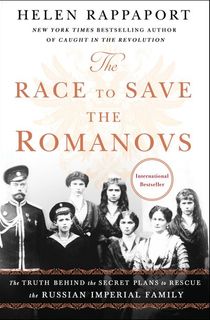
The Race to Save the Romanovs
“Finely researched and elegantly written” (Washington Post), Helen Rappaport’s “intriguing work of investigative writing” (New York Journal of Books) sheds new light on the murder of the Russian imperial family by Bolshevik revolutionaries in 1918. While much has been written about the murders themselves, this international bestseller, drawn from never-before-seen sources all over the world, focuses on the various plans and plots that were put in place to try to save them—and how and why they ended in tragedy.
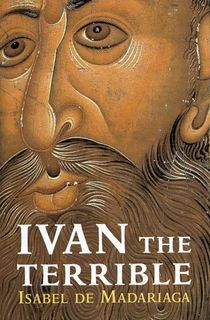
Ivan the Terrible
Hailed by Publishers Weekly as “likely to become the definitive work on Ivan for some time,” this biography takes a holistic look at one of the most significant and controversial figures of Russian history. Ivan IV Vasilyevich is more often known as Ivan the Terrible, renowned for his violent political policies and for killing his own son.
Though Russia’s first czar is among the nation’s most important historical figures, however, his life has often been enveloped in uncertainty, since many of his archives were lost to fire. In this definitive biography, Isabel de Madariaga seeks to redefine the life of Ivan the Terrible for a new generation of readers.
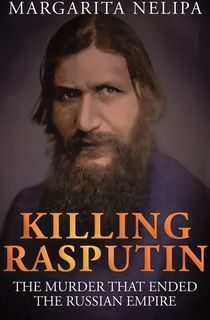
Killing Rasputin
On a chilly December morning in 1917, Grigori Yefimovich Rasputin was poisoned, shot, clubbed, and thrown into the icy waters of the Little Nevka river—or was he? Despite his massive influence at court and the enduring fascination with him that has colored so much of popular culture, the life and death of Rasputin is still shrouded in mystery and misinformation.
Now, in a “dramatic history with a touch of true crime” (Steve Jackson, author of No Stone Unturned), Margarita Nelipa combines biography, history, and forensic investigation to try to recreate the circumstances of Rasputin’s life and death, and argues that his assassination was the true beginning of the revolution which would soon sweep Russia.
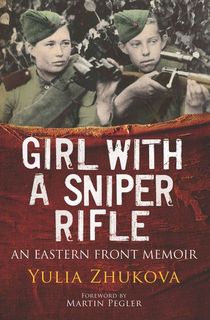
Girl With A Sniper Rifle
During World War II, the women of Stalin’s Central Women’s Sniper School became valued parts of the Red Army and deadly enemies to Hitler’s Germany. In this “insightful, thoroughly absorbing, first-person account of being a successful Russian female sniper” (Leatherneck Magazine), the author recounts her own experiences on the front lines, from the thrill of her first hit and her subsequent soul-searching about what it means to take a life to the atrocities of Nazi Germany and the terror that often accompanies life at the front.
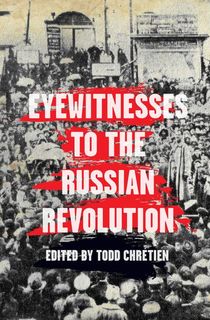
Eyewitnesses to the Russian Revolution
Both romanticized and demonized, the Russian Revolution of 1917 has been as widely misunderstood as it has been widely popularized, mythologized, and used as political propaganda. Rather than another history of the revolution, however, Todd Chretien’s book lets those who were there describe it in their own words, featuring firsthand accounts from figures such as Leon Trotsky, Rosa Luxemburg, Vladimir Lenin, Louise Bryant, and others that will lend new depth and insight to a significant turning point in world history.
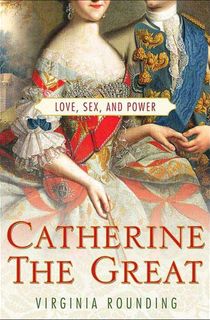
Catherine the Great
“A great thumping triumph of a book” (London Telegraph), this biography of Russia’s most famous female ruler delves deep into Catherine’s private life through her personal letters and previously published monographs to give us an “attractive account of the reign of a most remarkable woman” (Library Journal). It seeks to clear the air of some of the more salacious rumors surrounding Catherine’s sexual appetites, even while giving readers a firsthand look into her affairs (in every sense of the word) in a book that is “so readable because it brings Catherine alive” (Foreign Affairs).

Moscow Calling
“If you are looking for the Russia beyond the political cliché then this is the book for you,” raves Peter Pomerantsev, author of Nothing is True and Everything is Possible about this memoir from longtime Russia correspondent for such outlets as the Sunday Times and the BBC. From the fall of the Soviet Union to the trials and frustrations of Putin’s Russia, Roxburgh covers more than four decades of Russian history—and some of the most important events of the global stage—“with a lyricism and descriptive touch beyond ordinary reportage” (Herald).
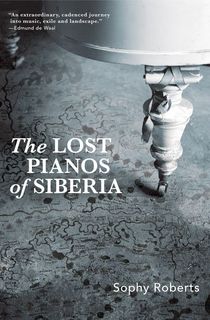
The Lost Pianos of Siberia
Cold and inhospitable, Siberia may be the last place one might expect to find pianos and yet, ever since Catherine the Great first introduced the instruments to Russia, the land has been peppered with them. In this “luminous travelogue” (Publishers Weekly), author Sophy Roberts journeys across Siberia in search of pianos—and the people who play them—revealing both the power of music in shaping (and sometimes saving) lives and the history of this wild landscape over the past 200 years.
“These pages sing like a symphony,” raves the Wall Street Journal, arguing that the story of the pianos of Siberia is one “inextricably linked to the drama of Russia itself.”
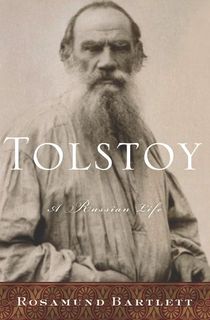
Tolstoy
Count Lev Nikolayevich Tolstoy—usually referred to as Leo Tolstoy in English—was the most famous man in Russia when he died at a remote train station in 1910. The author of War and Peace and Anna Karenina, Tolstoy is one of the most iconic writers in history, and was considered for the Nobel Prize on numerous occasions.
In a book that “should become the first resort for everyone drawn to its titanic subject” (Booklist), Rosamund Bartlett creates an “epic biography that does justice to an epic figure” (Library Journal), drawing from many sources not previously available before the fall of the Soviet Union.
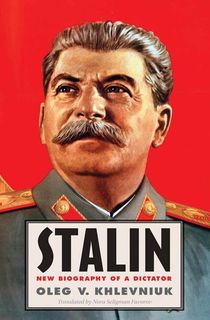
Stalin
Few figures in Russian history loom as large as that of Joseph Stalin, who led the Soviet Union from 1924 until his death in 1953, a time which saw millions perish under his totalitarian rule, even as he established the Soviet Union as a major world power. Written by a senior researcher at the State Archive of the Russian Federation in Moscow, this “brilliant, authoritative, opinionated biography ranks as the best on Stalin in any language” (East-West Review), casting new light on one of history’s most controversial figures, often drawn from newly available sources to create a “very digestible biography, yet one packed with revelations” (Russian Life Magazine).
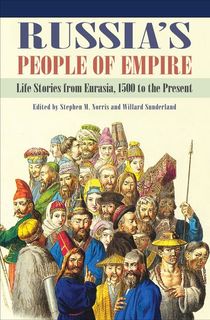
Russia's People of Empire
Telling the life stories of 31 different individuals—some of them famous, some of them obscure—this “fresh and lively” (Slavic Review) book showcases the massive diversity that has always been the hallmark of Russia, from the centuries before the Russian Revolution to the Soviet Union and into the present day.
Spanning more than 500 years of Russian history, this “highly recommended” book (Choice) examines Russian multiculturalism throughout the various social changes and political upheavals that have marked Russian history into the 21st century.
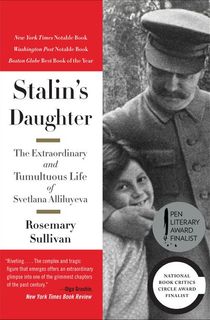
Stalin's Daughter
Winner of the Plutarch Award for Best Biography, selected as a finalist for the PEN Literary Award and the National Book Critics Circle Award, chosen as one of the best books of the year by the Boston Globe, New York Times, and Washington Post, this “magisterial biography” (O Magazine) tells the unforgettable story of Svetlana Stalin, the daughter of the infamous Russian dictator who was doomed to live a life forever in her father’s shadow. From her youth in the Kremlin to her decision to defect to the United States in 1967 to the tragedies that followed her to new shores, Stalin’s Daughter tells the “riveting” (New York Times Book Review) story in a way no reader will ever forget.
This post is sponsored by Open Road Media. Thank you for supporting our partners, who make it possible for The Archive to continue publishing the history stories you love.
